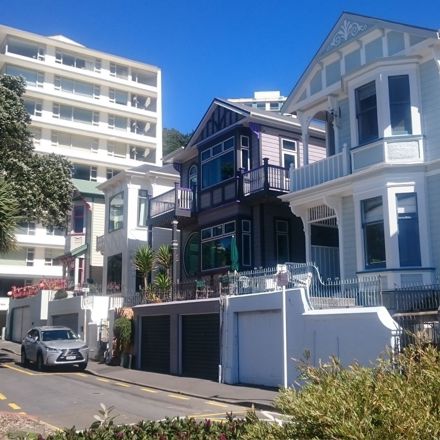Parking is a key factor for tenants in Wellington, but the importance depends heavily on location. Central city tenants often value walkability and public transport links over a car park, while those in the suburbs rely on secure parking and good access for family and friends. Investors who consider these needs will reduce vacancies and attract reliable tenants.
Wellington’s Hills and Transport Options
Wellington’s geography makes transport and parking unique. Tenants in Te Aro or near the railway station may manage with limited parking because of excellent bus and train access. However, in hill suburbs such as Karori, Khandallah, or Brooklyn, parking is much harder to do without. Daily commutes, steep terrain, and fewer nearby supermarkets make car ownership more common outside the CBD.
Matching Parking to Property Size
The number of bedrooms influences parking expectations. A three- or four-bedroom home in Wellington’s suburbs is likely to house families or flatmates with multiple vehicles. One or two off-street car parks may not be enough — and lack of parking can lower achievable rent.
Garages and Practical Usability
In Wellington, where driveways can be steep and garages sometimes narrow, usability is crucial. A garage should comfortably fit today’s larger SUVs, not just a compact hatchback. Tenants expect to be able to park, open doors, and unload easily. Adequate on-street parking also matters, especially for visitors, as public transport is rarely the first choice for family gatherings.
Old Homes vs New Builds
Character homes in Wellington often come with generous off-street parking, while newer builds, particularly townhouses and apartments, may only provide one space or none at all. In many cases, tenants will pay more for an older property with convenient parking than a brand-new home without it.
Conclusion
In Wellington, parking is more than convenience — it is often essential. By factoring in the city’s terrain, transport options, and property type, investors can make better decisions and secure strong rental returns. Parking availability should always be weighed alongside location and tenant demand.




